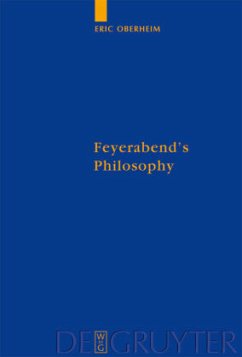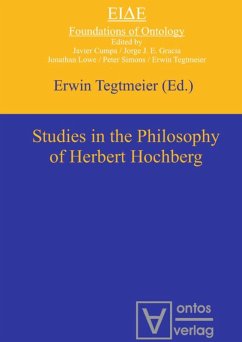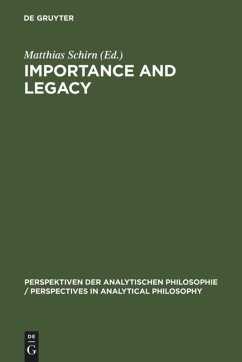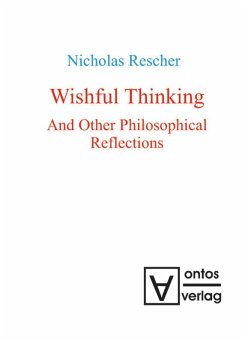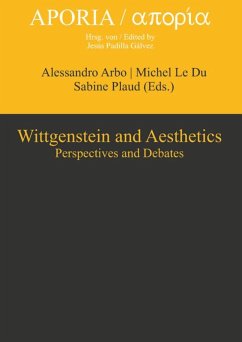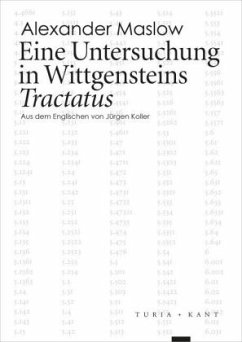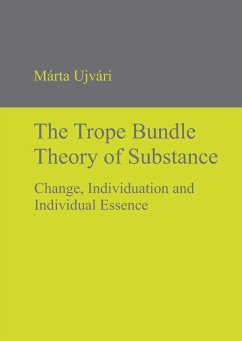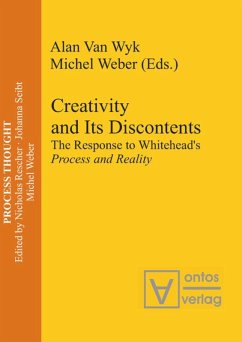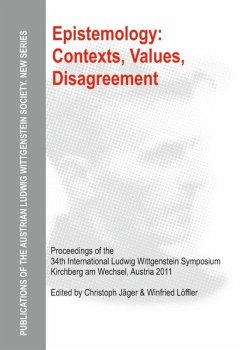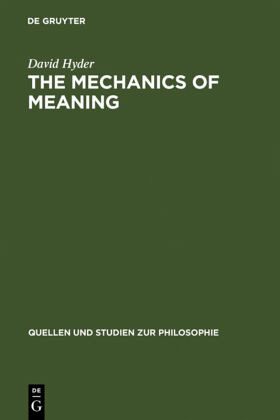
The Mechanics of Meaning
Propositional Content and the Logical Space of Wittgenstein's Tractatus

PAYBACK Punkte
41 °P sammeln!
This analysis of Wittgenstein's concept of a Spielraum, in which the author approaches the Tractatus Logico-philosophicus both systematically and from the perspective of the history of philosophy and knowledge, opens up a new and important perspective in Wittgenstein research.In establishing unexpected cross-connections between physics, the theory of perception, and logic, Hyder also makes a valuable contribution to the history of 19th century science. In particular, the links he establishes between early sensory physiology and the logicism of Russell and Frege yield a sharper and more plausib...
This analysis of Wittgenstein's concept of a Spielraum, in which the author approaches the Tractatus Logico-philosophicus both systematically and from the perspective of the history of philosophy and knowledge, opens up a new and important perspective in Wittgenstein research.
In establishing unexpected cross-connections between physics, the theory of perception, and logic, Hyder also makes a valuable contribution to the history of 19th century science. In particular, the links he establishes between early sensory physiology and the logicism of Russell and Frege yield a sharper and more plausible account of the notion of a "space" of possible meanings than has hitherto been available in the secondary literature. In showing this notion to be a formal precursor to that of a language game, the study also provides important pointers for the interpretation of Wittgenstein's late work.
In establishing unexpected cross-connections between physics, the theory of perception, and logic, Hyder also makes a valuable contribution to the history of 19th century science. In particular, the links he establishes between early sensory physiology and the logicism of Russell and Frege yield a sharper and more plausible account of the notion of a "space" of possible meanings than has hitherto been available in the secondary literature. In showing this notion to be a formal precursor to that of a language game, the study also provides important pointers for the interpretation of Wittgenstein's late work.




